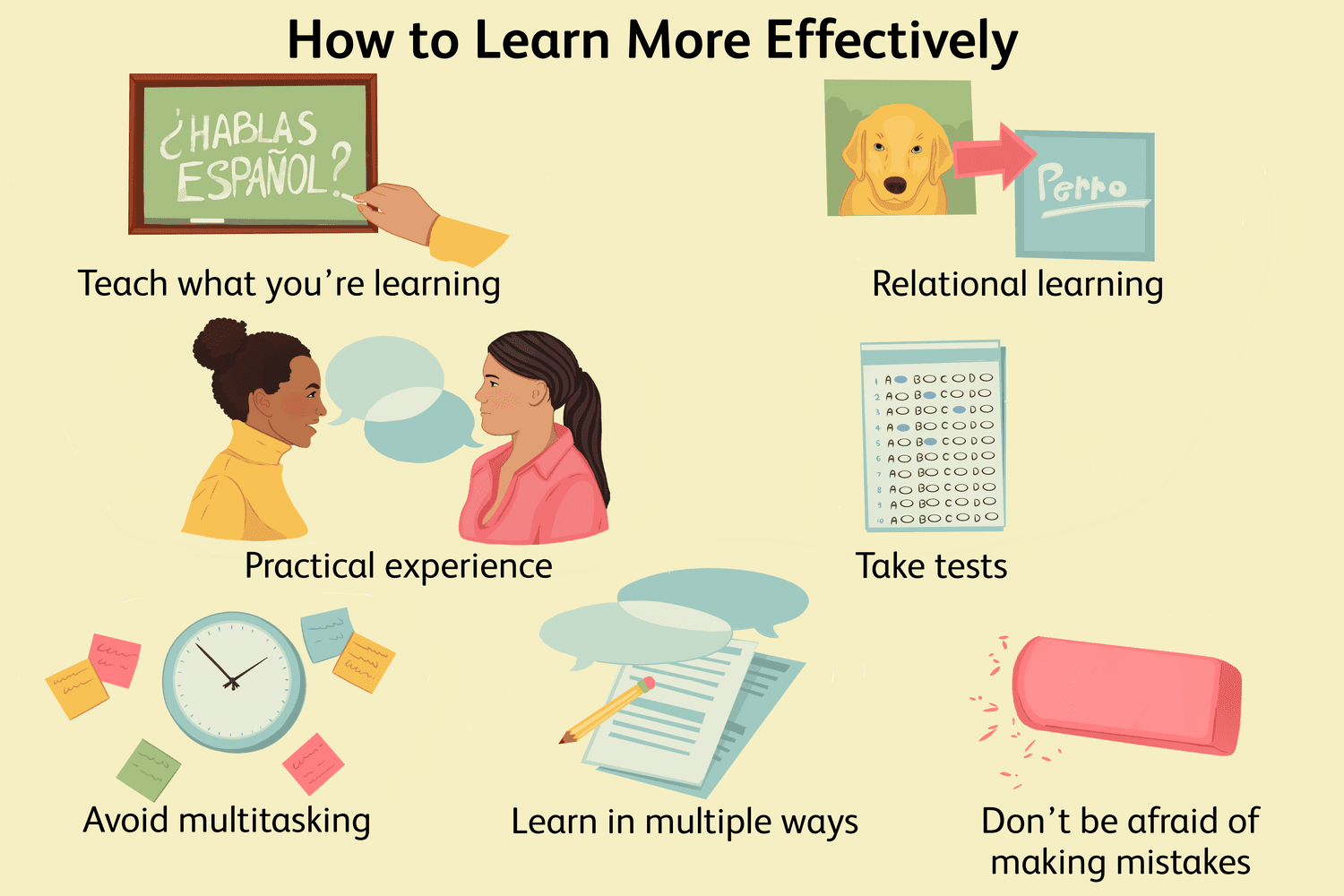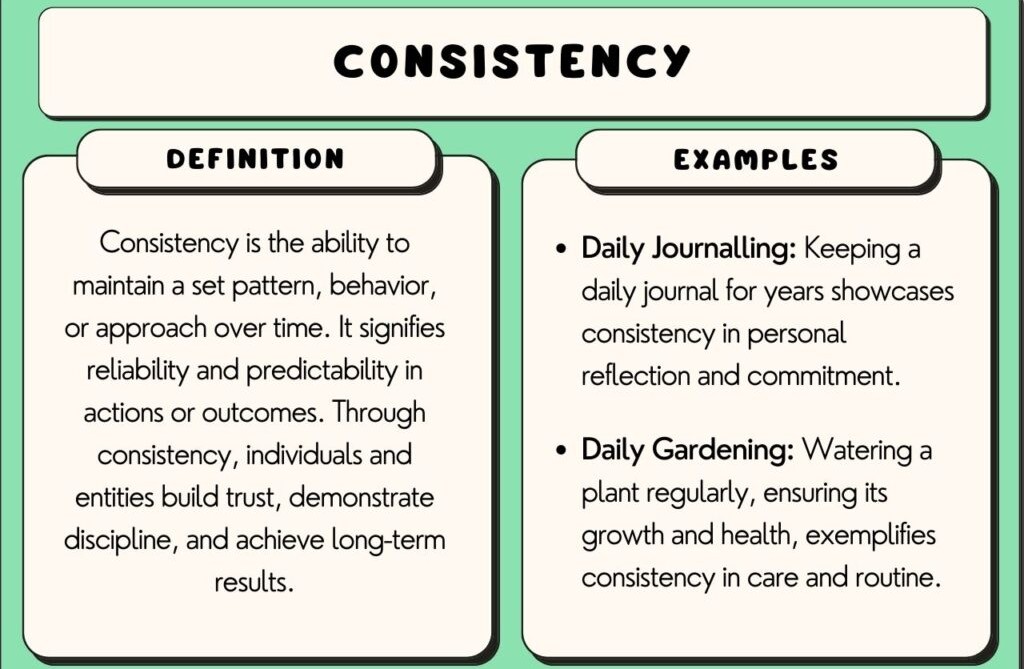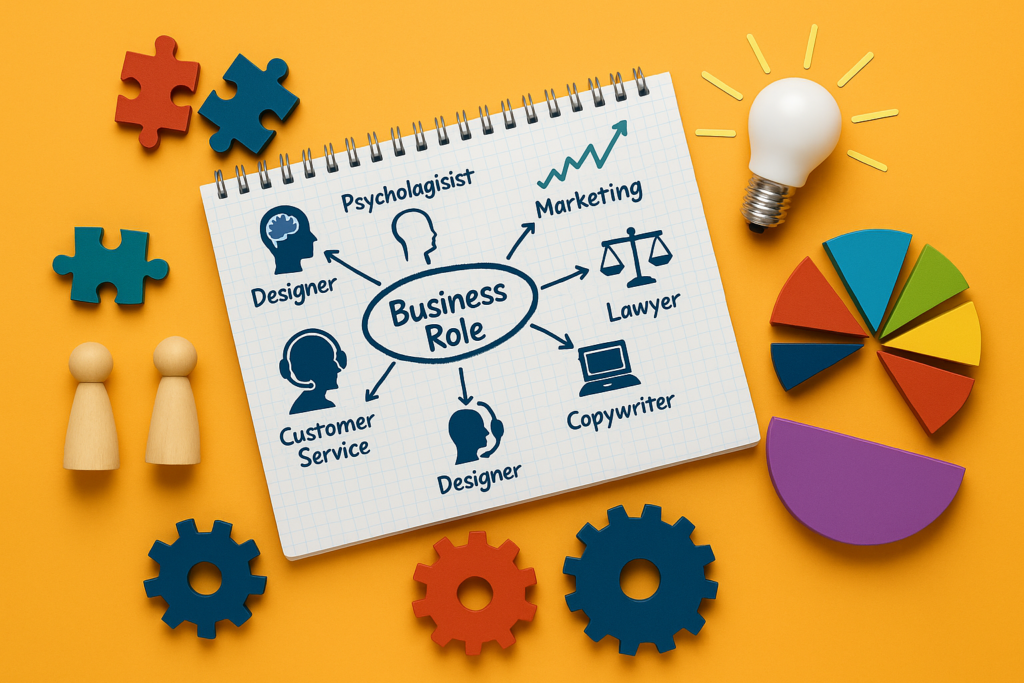In today’s fast-paced world, academic competition and career goals demand a proactive approach to learning. Understanding how to self study effectively has become essential for students, professionals, and lifelong learners. Self-study fosters independence, builds discipline, and enhances long-term knowledge retention. But to succeed, you need a clear method—something that many overlook.
At Verified Campus, we believe that just as structured systems guide successful academic planning, structured self-study empowers learners to take control of their educational journey. The key lies in mastering the techniques of how to self study effectively, which can drastically improve both confidence and results.
Understand Your Learning Style
Before diving into books and notes, identify how you learn best. Are you a visual, auditory, or kinesthetic learner? Understanding this is a cornerstone of knowing how to self study effectively.
-
Visual Learners benefit from diagrams, charts, and colour-coded notes.
-
Auditory Learners retain information through discussion and listening.
-
Kinesthetic Learners prefer hands-on practice or physical movement while learning.
When your study methods match your learning style, you retain knowledge faster and feel more engaged, making it easier to stick with your self-study schedule.

Create a Dedicated Study Space
A clutter-free and quiet environment is crucial for focusing. Learning how to self study effectively includes setting up a dedicated space with minimal distractions.
Tips to optimise your study area:
-
Ensure good lighting and ventilation.
-
Keep all necessary materials at hand.
-
Avoid distractions like phones or social media during sessions.
When your brain associates a specific space with study, concentration improves.
Set Clear Goals and Break Tasks into Chunks
One of the most effective strategies in mastering how to self study effectively is learning to set clear, actionable goals. Vague intentions like “study for exams” often lead to procrastination or scattered focus. Instead, break your learning objectives into smaller, manageable chunks that are easier to approach and complete. For instance, instead of saying “Study Science,” reframe it as “Review Chapter 3 – Photosynthesis and answer 5 practice questions.” This approach makes your goals more concrete and achievable, which in turn helps build momentum.
To maximise productivity, use the SMART goals method—Specific, Measurable, Achievable, Relevant, and Time-bound. These criteria ensure that your tasks are well-defined and progress can be tracked. Achieving small goals gives you a sense of accomplishment and keeps you motivated throughout your study journey. The more structured and goal-oriented your approach, the better you’ll understand how to self study effectively and make meaningful academic progress without feeling overwhelmed.
Use the Right Study Techniques
To truly master how to self study effectively, it’s important to understand that different subjects and topics require tailored learning strategies. Relying on passive reading or highlighting often leads to poor retention. Instead, applying evidence-based study methods can dramatically improve how well you understand and recall information. Techniques such as Active Recall, where you test yourself on the material instead of just rereading it, engage your brain more deeply. Similarly, Spaced Repetition—reviewing content at gradually increasing intervals—helps cement the knowledge into long-term memory.
Other powerful techniques include Mind Mapping, which allows you to visually organise and connect ideas, making it easier to grasp complex concepts. Another effective strategy is summarising and teaching; when you try to explain a topic to someone else, you quickly discover how well you truly understand it. Incorporating these methods into your study routine doesn’t just make learning more effective—it makes it more engaging and efficient. By using the right mix of these strategies, you’ll understand how to self study effectively in a way that’s sustainable and results-driven.
Avoid Burnout: Use Time Management and Breaks
Managing your energy is just as important as managing your time when mastering how to self study effectively. One of the biggest pitfalls in self-study is burnout, which often results from long, unstructured sessions without breaks. To prevent this, use proven time management techniques like the Pomodoro Technique, where you study for 25 minutes and then take a 5-minute break. For those with longer focus spans, the 90/20 Rule is highly effective—work with full concentration for 90 minutes, followed by a 20-minute rest to recharge. These structured cycles help maintain mental freshness and reduce fatigue, allowing you to study longer and more efficiently.
In addition to scheduling breaks, it’s essential to adopt healthy daily habits that support your cognitive performance. Eating nutritious meals, staying hydrated, getting 7–8 hours of quality sleep, and incorporating physical activity can significantly enhance your ability to focus and retain information. Remember, knowing how to self study effectively also means knowing when to pause. Overworking your brain can lead to stress, low productivity, and eventual burnout. Prioritising rest and balance ensures you maintain consistency and motivation throughout your self-study journey.
Track Progress and Self-Assess Regularly
To truly understand how to self-study effectively, it’s important to measure your learning through regular self-assessment. This involves setting weekly review sessions, solving practice questions, or taking mock tests based on what you’ve studied. These assessments help you evaluate how much knowledge you’ve retained and identify areas where you might be struggling. Tracking your performance over time provides a clear picture of your strengths and weaknesses, ensuring that your study plan remains focused and relevant.
Self-assessment also promotes consistency and discipline, two critical components of effective self-study. By keeping a progress journal or using study apps to log your daily achievements, you can stay organised and motivated. This routine not only boosts confidence as you see your progress but also helps in adjusting strategies that aren’t working. When you regularly monitor your efforts, you don’t just study more—you study smarter, making how to self study effectively a habit that leads to long-term success.
Stay Consistent and Motivated
One of the most crucial aspects of how to self study effectively is maintaining consistency. It’s easy to start strong but difficult to keep going without a structured routine. Successful self-learners are those who develop a realistic schedule that fits seamlessly into their daily lives. Whether you’re a student or a working professional, setting aside fixed hours each day for study creates discipline and turns learning into a habit, not a chore. The more consistent your efforts, the more sustainable your progress will be over time.
Motivation plays a huge role in staying on track. Surround yourself with positive triggers that keep your spirits high—use inspirational quotes, personalised study planners, or visual progress charts that reflect your journey. Joining a study group or having an accountability partner can also provide the external encouragement you need to stay focused. These simple yet effective practices help reinforce your commitment and prevent burnout. When motivation is paired with a consistent routine, you’ll not only grasp how to self study effectively but also develop the drive to keep going even when challenges arise.



